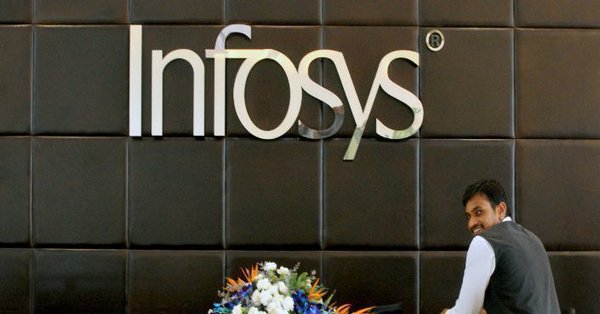ISF honors six eminent professors for winning Infosys Prize 2018

- Country:
- India
The Infosys Science Foundation (ISF) Saturday honoured six eminent professors for winning the Infosys Prize 2018 across different categories of science and research. The annual award includes a pure gold medal, a citation and a prize purse worth USD 100,000 (or its equivalent in the Indian rupees). The ISF honoured the winners of the Infosys Prize 2018 at an awards ceremony here while also celebrating its 10th year milestone. A six-member jury of renowned scientists and professors selected the winners from 244 nominations received in six categories, the ISF said.
By recognising these researchers and celebrating their achievements, the Infosys Prize aims to inspire young minds to explore science as a career option and advance innovation in the country, the foundation said. "The past decade has seen some incredible innovations in the field of scientific research. Collaborative research has been a watchword in the space as individuals from across geographies have come together to ideate and resolve some of the most pressing global issues and contribute to academic progress. "All the winners today have made great strides in their respective fields and we, at the Infosys Science Foundation, are extremely proud to bring their achievements to the public stage. We hope they continue to inspire future generations," said K Dinesh, President of the Infosys Science Foundation.
The Infosys Prize serves as an inspiration and source of encouragement for young scientists and researchers to expand the purview of scientific research, both in India and globally, said Professor Manjul Bhargava, R Brandon Fradd Professor of Mathematics at Princeton University. In the field of Engineering and Computer Science, Navakanta Bhat, Professor, Indian Institute of Science, Bangalore, was awarded for his work on the design of novel bio-sensors based on his research in biochemistry and gaseous sensors that push the performance limits of existing metal-oxide sensors. Bhat has devised gas sensors with ultra-precise detection accuracies necessary for space and environmental monitoring, especially useful for India's growing space, atomic energy and security programmes, the ISF said. In the Humanities category, Kavita Singh, Professor and Dean, School of Arts and Aesthetics, Jawaharlal Nehru University, New Delhi, was awarded for her study of Mughal, Rajput and Deccan art.
Singh's work shows the significance of museums in highlighting the social impact of art, and thereby relates visual culture to large contemporary questions of secularity, modernity, and political conflict, the foundation said. The prize for Life Sciences was awarded to Roop Mallik, Associate Professor, Department of Biological Sciences, Tata Institute of Fundamental Research, Mumbai for his work on molecular motor proteins, which are crucial for the functioning of living cells. Mallik has identified and measured forces needed to transport large particles inside cells, and demonstrated their role in fundamental processes such as targeting pathogens for their destruction and moving lipid droplets for fatty acid regulation in the liver.
Nalini Anantharaman, Professor and Chair of Mathematics, Institute for Advanced Study, University of Strasbourg, France was awarded the prize in Mathematical Sciences for her work related to "Quantum Chaos". The quantum world is the one of the deepest secrets of the universe and mathematics is the language that helps us understand this world, the ISF said. Mathematicians and physicists have been trying for decades to unravel the mysteries of this subatomic world. In the field of Physical Sciences, SK Satheesh, Professor, Centre for Atmospheric & Oceanic Sciences, Indian Institute of Science, Bangalore, was awarded for his pioneering scientific work in the field of climate change.
His studies on black carbon aerosols, the dark, light absorbing, microscopic particles in air which greatly influence the energy balance of the atmosphere over the Indian subcontinent, have enabled a better understanding of the role of these particles on climate change, precipitation, and, human health in the Indian subcontinent. The Infosys Prize 2018 for Social Sciences is awarded to Sendhil Mullainathan, Professor of Computation and Behavioral Science, the University of Chicago in the US for his path-breaking work in behavioural economics, the ISF said. Mullainathan's research has had substantial impact on diverse fields such as development, public finance, corporate governance and policy design. A significant part of this work is relevant to India, the ISF added.
(With inputs from agencies.)
- READ MORE ON:
- Infosys Science Foundation
- different categories of science
- Computer Science
- Singh's work
- Social Sciences
- field of scientific research
- Mullainathan's research
- Associate Professor
- Infosys Prize
- Collaborative research
- Professor of Computation
- purview of scientific research
- Indian Institute of Science
- ISF
- Behavioral Science
- National News










